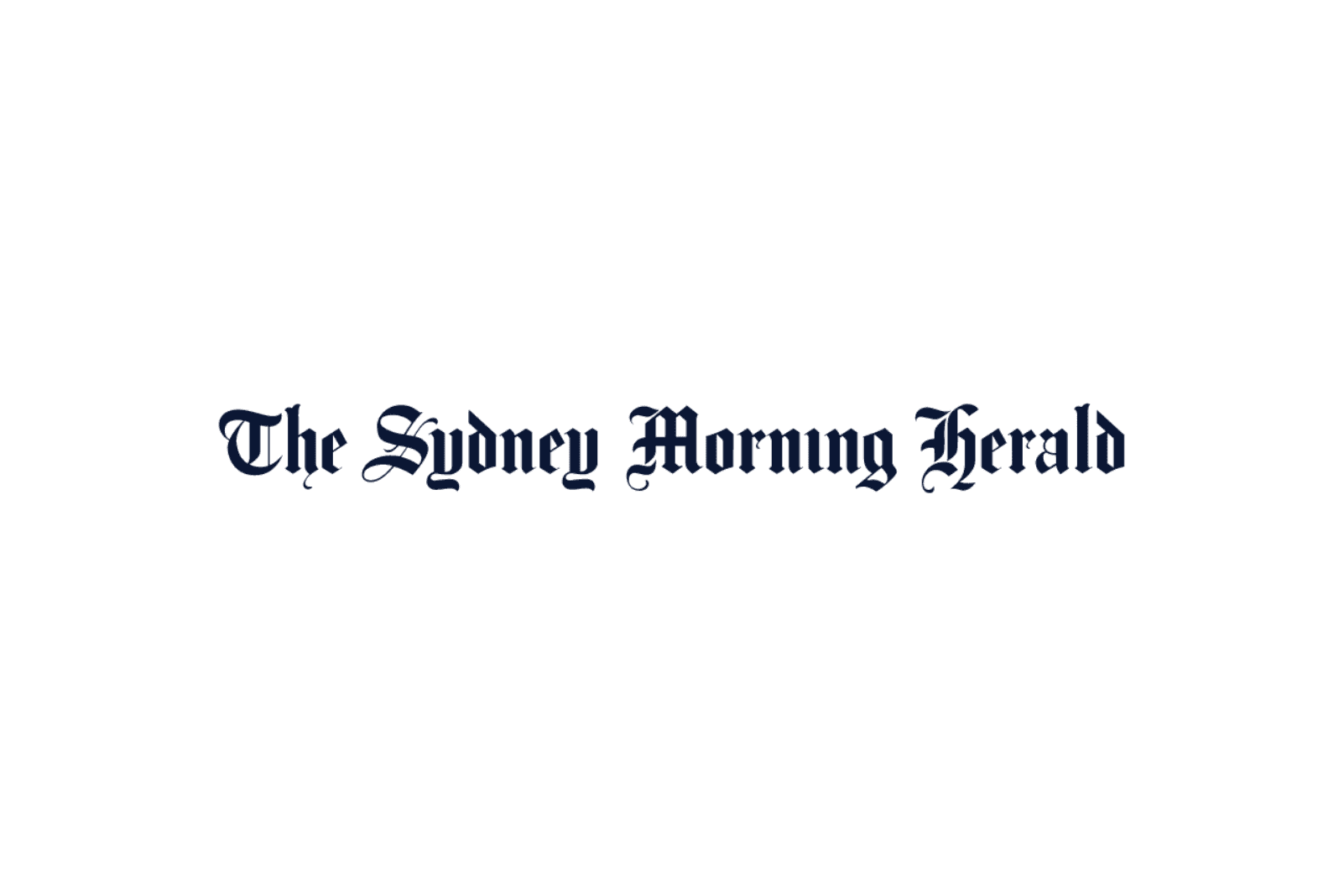
‘People would never need to go to hospital’: Is this the smarter way to tackle eating disorders?
More Australians are seeking help for eating disorders since the pandemic began and support services are struggling to keep up, prompting the launch of a new online program hoping to fill the gap and stop a “revolving door” of hospital admissions.
More than 12,000 calls were made to the Butterfly Foundation’s national helpline between July and December last year, compared to 10,283 during the same period in 2022, while attendances at the charity’s support groups more than doubled in the past financial year.
Natalie Spicer, the foundation’s head of clinical and support services, said some calls to the helpline were going unanswered because they did not have enough staff. She said the charity was also experiencing strong demand for its recently launched online program helping people transition back into the community from hospital-based and residential programs.
“There are a lot of revolving doors with people going home, relapsing and then having to be readmitted, so the hope of our program is to jump in that period,” she said. “This in turn will help limit pressure on the health system, reduce the likelihood of readmissions and ensure people can be supported within their own communities. ”
Hospitalisation is often a last resort to stabilise people with serious health issues arising from eating disorders such as anorexia nervosa, bulimia nervosa and disordered binge-eating.
But for Hanna Patricia, who was diagnosed with a binge-eating disorder after being hospitalised for severe anxiety and depression at 18, seeing and speaking to people receiving treatment for anorexia nervosa and bulimia was like “flicking a switch”.
“I went from one eating disorder – within a few days – into anorexia mode,” she said. “That was never something that I ever thought that I would be capable of, just because of not having control of food most of my life.”
She said online sessions, where participants can join in private and only have to show their face, would lessen the fear and stigma of seeking help.
“You’re opening up your laptop in a home environment where you’re comfortable,” she said. “I’m not saying [other] programs aren’t good, but it would be nice to also have a third option for people that are too scared to go to these sorts of things.”
Tim Conway, who has advocated for better access to support services since overcoming anorexia nervosa in his twenties, said many services were ill-equipped to treat a male with anorexia, but that was changing.
“With the rise of gym culture now, there’s probably a lot of fellas with body dysmorphia, anorexia, restriction, stuff like that,” he said. “As we’re evolving, and more men are opening up and saying, ‘Hey, I’m not okay,’ I think you’ll find that a lot of programs will now cater for them.”
The 32-year-old from Newcastle said the free online program would also benefit people on lower incomes and people “in those rural areas where people aren’t getting quality care”.
The program, which is funded by a $2.8 million federal government grant and public donations, runs for eight weeks and involves psychologists, dietitians, peer workers and specially trained nurses.
Each intake will initially be capped at 12 participants, totalling 72 per year, but Spicer hopes the program will be proven effective and secure more funding for its expansion.
A November study by Sydney University’s Inside Out Institute found the greatest risk of relapse came between four and nine months after discharge, with as many as 41 per cent of patients being readmitted within two years of leaving inpatient care.
Dr Sarah Trobe, who helped set up the federal government’s national eating disorder strategy, said community-based prevention was key to keeping people out of hospital in the first place.
“Of course we need hospital beds to respond to those people that need it, but if we actually had the community-based treatment options set up really well, people would never need to go to hospital,” she said.
Support is available from Eating Disorders Families Australia on 1300 195 626, Butterfly Foundation on 1800 33 4673 and Lifeline on 13 11 14.